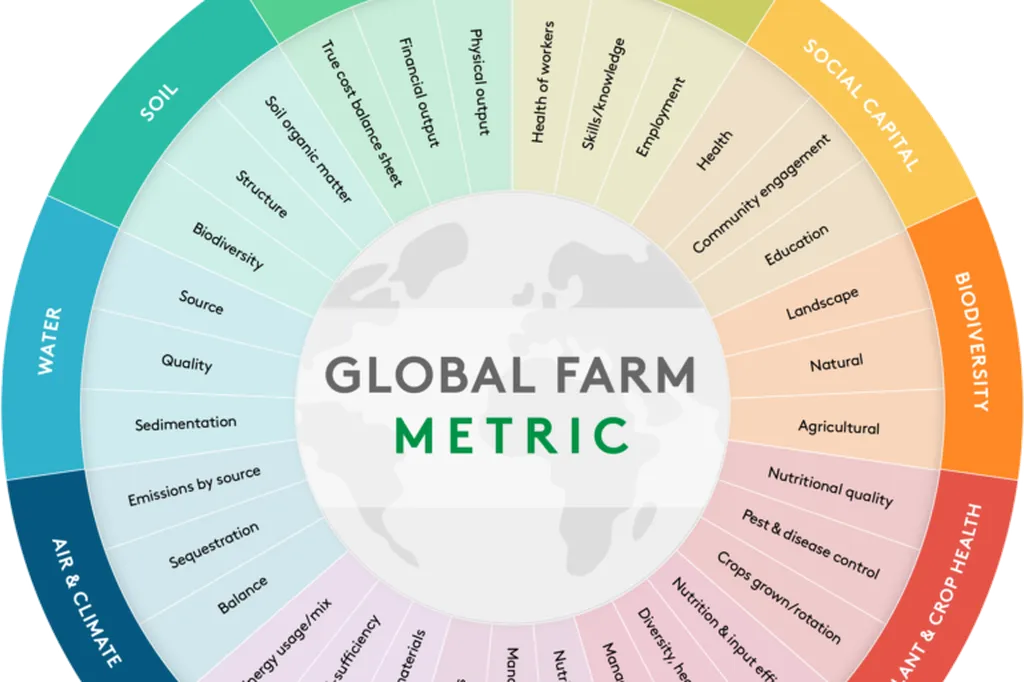In the ever-evolving landscape of agriculture, the pursuit of sustainability remains a critical challenge. A recent study published in the journal *Economics and Management of Agriculture* (Икономика и управление на селското стопанство) offers a fresh perspective on evaluating sustainability in farming, potentially reshaping how we approach agricultural practices and policies.
The research, led by Bozhidar Ivanov from the Institute of Agrarian Economics in Sofia, introduces a comprehensive methodological framework designed to assess the three pillars of sustainable agriculture: economic efficiency, environmental compatibility, and social responsibility. This framework is not just academic; it has tangible implications for farmers, policymakers, and the broader agricultural industry.
Ivanov’s study highlights the complexity of defining sustainability in agriculture, which encompasses a wide range of factors from biophysical conditions to socio-economic dynamics. “The production system is a complex interplay of natural, human, technological, and cognitive resources,” Ivanov explains. “Understanding and evaluating these elements is crucial for ensuring the long-term viability of agricultural systems.”
One of the study’s key contributions is its emphasis on using a variety of indicators to gather the necessary information about sustainability. These indicators can be specific, focusing on particular aspects of agriculture, or integrative, providing a broader overview. “Integrative indicators are particularly useful for policy decisions because they offer a holistic view,” Ivanov notes. However, he cautions that while integrative indicators are valuable, they can sometimes oversimplify complex issues. “It’s essential to balance the use of integrative indicators with detailed, individual indicators to ensure a comprehensive understanding.”
The study outlines a multi-step process for developing and applying these indicators, emphasizing the importance of feedback and continuous improvement. This iterative approach ensures that the evaluation framework remains dynamic and responsive to changing conditions.
So, what does this mean for the future of agriculture? Ivanov’s research provides a robust toolkit for assessing sustainability, which can guide farmers in adopting more sustainable practices and help policymakers design effective agricultural policies. By understanding the interplay between economic, environmental, and social factors, stakeholders can make informed decisions that promote long-term sustainability.
As the agricultural sector continues to grapple with challenges such as climate change, resource depletion, and market fluctuations, Ivanov’s methodological approach offers a beacon of hope. It underscores the need for a holistic, data-driven approach to sustainability, one that balances immediate needs with long-term goals.
In a field where the stakes are high and the challenges are multifaceted, Ivanov’s research serves as a reminder that sustainability is not just a buzzword but a critical imperative. By embracing this framework, the agricultural sector can move closer to achieving true sustainability, ensuring a prosperous future for generations to come.

